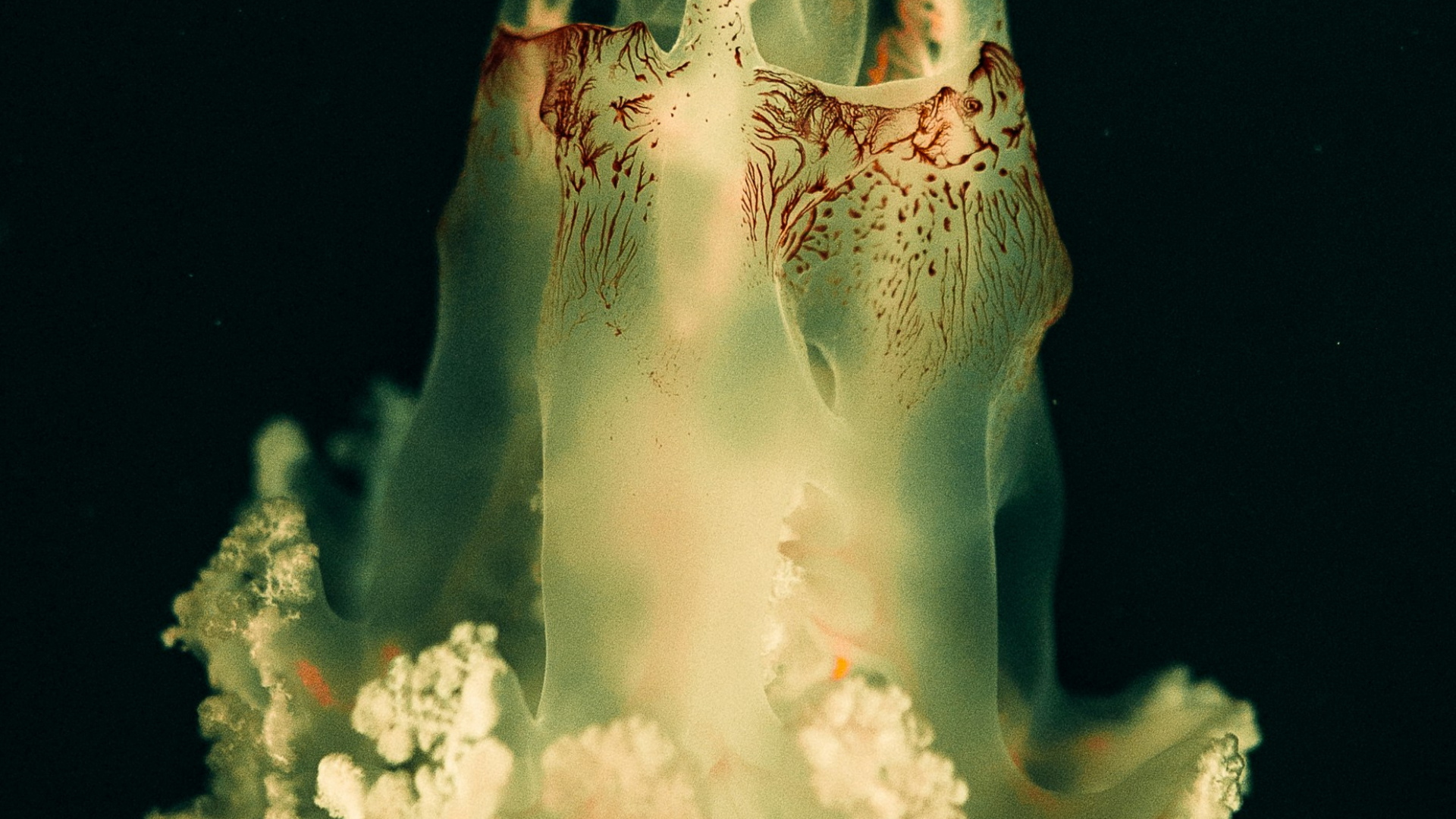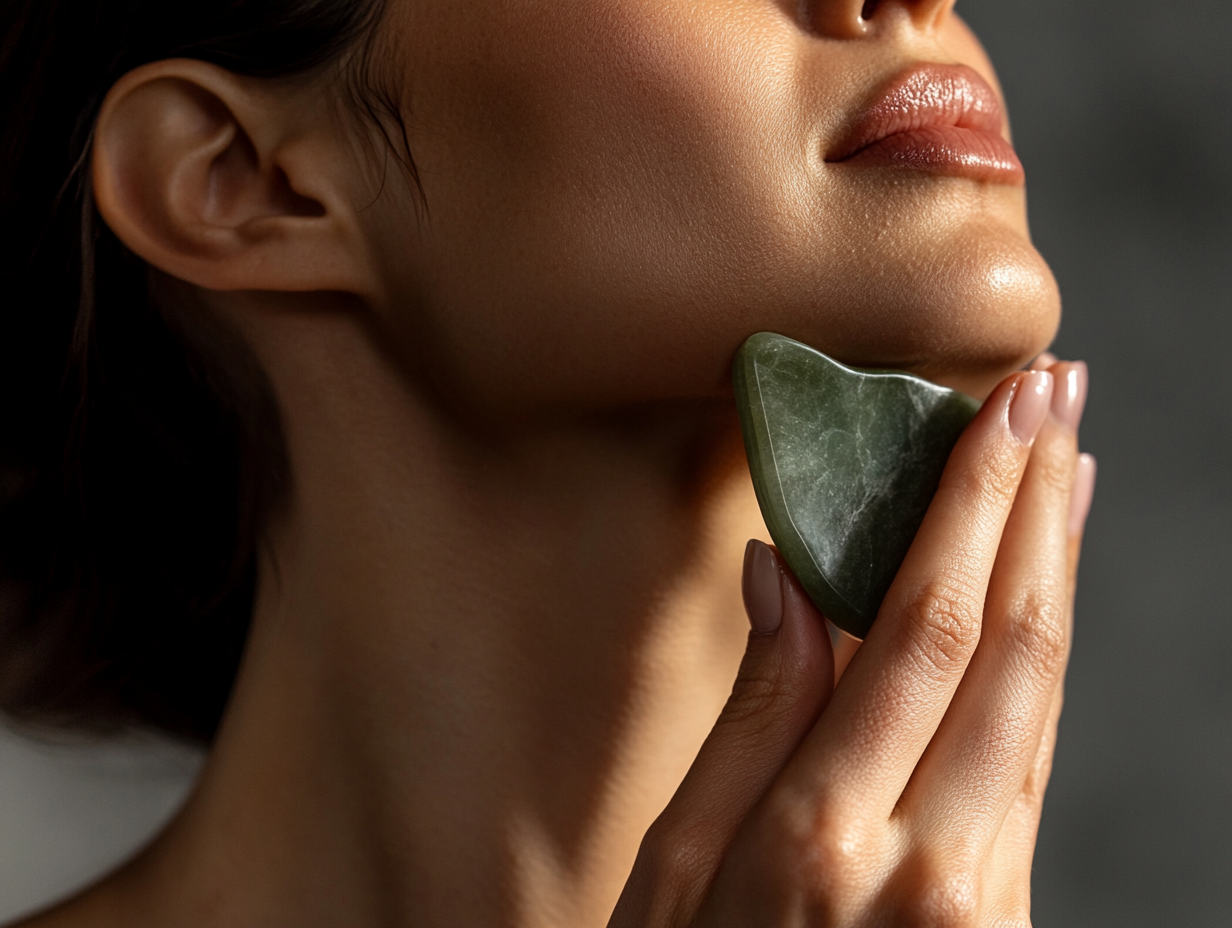Have you ever felt like your skincare routine just isn't cutting it? Perhaps you've noticed a dull complexion, or maybe your skin is feeling more sensitive than usual. While you might blame external factors or aging, a hidden culprit is lurking in many popular skincare products: parabens.
Parabens, a class of preservatives commonly used in cosmetics, have raised concerns among health-conscious consumers. These chemicals, often found in moisturizers, cleansers, and sunscreens, have been linked to potential health risks. But what exactly are parabens, and why should you care?
We previously profiled parabens in the second part of our toxic skincare guide, but it is worth a deeper dive. In this article, we'll explore their potential health risks and the benefits of choosing paraben-free skincare. By the end, you'll be equipped with the knowledge to make informed decisions about your beauty routine and embrace a healthier, more radiant complexion.
What are Parabens?
Have you ever wondered about the ingredients that keep your favorite skincare products fresh and shelf-stable? Parabens are a group of chemical preservatives that play a crucial role in preserving the integrity of cosmetics. While they've been effective in extending product shelf life, their use has sparked concerns among health-conscious consumers.
Parabens are a class of compounds derived from benzoic acid, a naturally occurring substance found in plants. They work by inhibiting the growth of bacteria and fungi, preventing products from spoiling. This preservative action has made parabens a popular choice among manufacturers for decades.
There are several types of parabens commonly used in skincare products, each with slightly different properties:
- Methylparaben: One of the most widely used parabens, known for its effectiveness in preserving a variety of products.
- Butylparaben: Often used in products with a thicker consistency, such as creams and lotions.
- Ethylparaben: Less commonly used than methylparaben and butylparaben.
- Propylparaben: Similar to ethylparaben, but with slightly different characteristics.
These parabens can be found in a wide range of skincare products, including moisturizers, cleansers, sunscreens, and makeup. While they've been effective in preserving products, their presence in cosmetics has raised questions about their potential health implications.
Why are Parabens Harmful?
While parabens have long been used as effective preservatives in skincare products, growing concerns have emerged about their potential health risks. These concerns stem from two primary areas: endocrine disruption and skin irritation.
Endocrine Disruption
One of the most significant concerns surrounding parabens is their potential to disrupt the endocrine system. This intricate network of glands and hormones regulates various bodily functions, including growth, metabolism, and reproduction.
Parabens can mimic estrogen, a female sex hormone, in the body. This hormonal mimicry can interfere with the body's natural hormone balance, leading to a range of potential health issues. Some studies have suggested that exposure to parabens may be linked to:
- Reproductive problems: Issues with fertility, menstrual cycles, and pregnancy.
- Breast cancer: Increased risk of breast cancer development.
- Other health concerns: Potential links to thyroid disorders, diabetes, and obesity.
While more research is needed to fully understand the long-term effects of paraben exposure, the potential for endocrine disruption is a significant concern.
Skin Irritation
In addition to endocrine disruption, parabens can also contribute to skin irritation. Some individuals may develop allergic reactions to parabens, leading to symptoms such as:
- Rash: Red, itchy patches on the skin.
- Eczema: A chronic skin condition characterized by dry, itchy, and inflamed skin.
- Contact dermatitis: An allergic reaction to a specific substance, in this case, parabens.
If you experience skin irritation after using skincare products, it's worth considering whether parabens might be the culprit.
Accumulation in the Body
Another concern is the potential for parabens to accumulate in the body over time. While the extent of accumulation is still being studied, some research suggests that parabens can be absorbed through the skin and accumulate in body tissues. This raises questions about the long-term effects of exposure.
While the scientific consensus on the health risks of parabens is still evolving, the potential for endocrine disruption, skin irritation, and accumulation in the body warrants caution. Opting for paraben-free skincare products can be a proactive step towards protecting your health and well-being.
Common Products Containing Parabens
Parabens are sneaky little preservatives that can be found in a variety of skincare products. While they might not be immediately obvious, they're lurking in many of the products we use daily.
Moisturizers
Moisturizers are a cornerstone of most skincare routines, but did you know that many of them contain parabens? From lightweight gels to rich creams, parabens can be found in a wide range of moisturizing products. They help to preserve the product's integrity and prevent bacterial growth, ensuring that your moisturizer remains effective and fresh.
Cleansers
Cleansers are another common source of parabens. Whether you prefer a gentle foaming cleanser or a deep-cleansing oil, parabens can be found in both. They help to maintain the product's shelf life and prevent contamination.
Sunscreens
Sunscreens are essential for protecting your skin from the harmful effects of the sun, and they often contain parabens as well. Parabens help to preserve the sunscreen's formula and ensure its effectiveness over time.
In addition to these common culprits, parabens can also be found in other skincare products, such as:
- Makeup: Foundation, concealer, and eyeshadow can sometimes contain parabens.
- Hair products: Shampoos, conditioners, and hair styling products may also include parabens.
Making the Switch to Paraben-Free Skincare
Making the switch to paraben-free skincare is easier than you might think. Here are a few tips to help you choose the right products:
Read the Ingredient Labels
The most straightforward way to identify paraben-free products is to carefully read the ingredient labels. Look for the following terms:
- Methylparaben
- Butylparaben
- Ethylparaben
- Propylparaben
While these are the most common parabens, there are other related compounds that you should also be aware of:
- Alkyl esters of p-hydroxybenzoic acid: These are a group of compounds that includes parabens and can have similar properties.
- Benzylparaben: This is another type of paraben that may be found in some skincare products.
Decoding Ingredient Lists
In addition to looking for specific paraben names, here are some other tips for reading ingredient labels:
- Check the Order: Ingredients are listed in descending order of concentration. If parabens are listed higher up on the list, they are present in higher amounts.
- Look for Natural Preservatives: Some products use natural preservatives as alternatives to parabens. These may include ingredients like grapefruit seed extract, rosemary extract, or sodium benzoate.
- Be Wary of "Fragrance": The term "fragrance" can be a catch-all for a variety of chemicals, including parabens. If you're concerned about parabens, it's best to avoid products that list "fragrance" as an ingredient.
Paraben-Free Alternatives
As mentioned, there are many effective alternatives to parabens available. Here are some examples of natural preservatives that can be used in place of parabens:
- Grapefruit seed extract: This natural preservative is derived from grapefruit seeds and has antibacterial and antifungal properties.
- Rosemary extract: Rosemary extract is another natural preservative that can be used in skincare products.
- Sodium benzoate: Sodium benzoate is a naturally occurring salt that can be used as a preservative.
- Potassium sorbate: Potassium sorbate is another natural preservative that is commonly used in food and cosmetics.
Conclusion: Embrace a Paraben-Free Future
In conclusion, although the research is still developing, the potential negative side effects of using products with parabens is a good reason to choose paraben-free skincare products.
STUNN Beauty’s entire line is naturally paraben-free, ensuring that you're getting insanely clean, ridiculously effective products that are kind to your skin.
Frequently Asked Questions About Paraben-Free Skincare
What are parabens?
Parabens are a group of chemical preservatives commonly used in cosmetics and personal care products. They help prevent the growth of bacteria and fungi, extending the shelf life of products.
Why are parabens harmful?
Parabens have been linked to potential health risks, including endocrine disruption, skin irritation, and accumulation in the body.
What products contain parabens?
Parabens can be found in a variety of skincare products, including moisturizers, cleansers, sunscreens, and makeup.
What are the benefits of paraben-free skincare?
Paraben-free skincare can improve skin health, reduce the risk of allergies, and contribute to a more sustainable environment.
How can I identify paraben-free products?
To identify paraben-free products, carefully read the ingredient labels and look for the following terms: methylparaben, butylparaben, ethylparaben, and propylparaben. If you see any of these ingredients listed, the product contains parabens.
What are some natural alternatives to parabens?
Natural alternatives to parabens include grapefruit seed extract, rosemary extract, sodium benzoate, and potassium sorbate.
How can I make the transition to paraben-free skincare?
To make the transition to paraben-free skincare, start by replacing one or two products at a time. Pay attention to your skin's reaction and be patient as your skin adjusts to new formulations.



